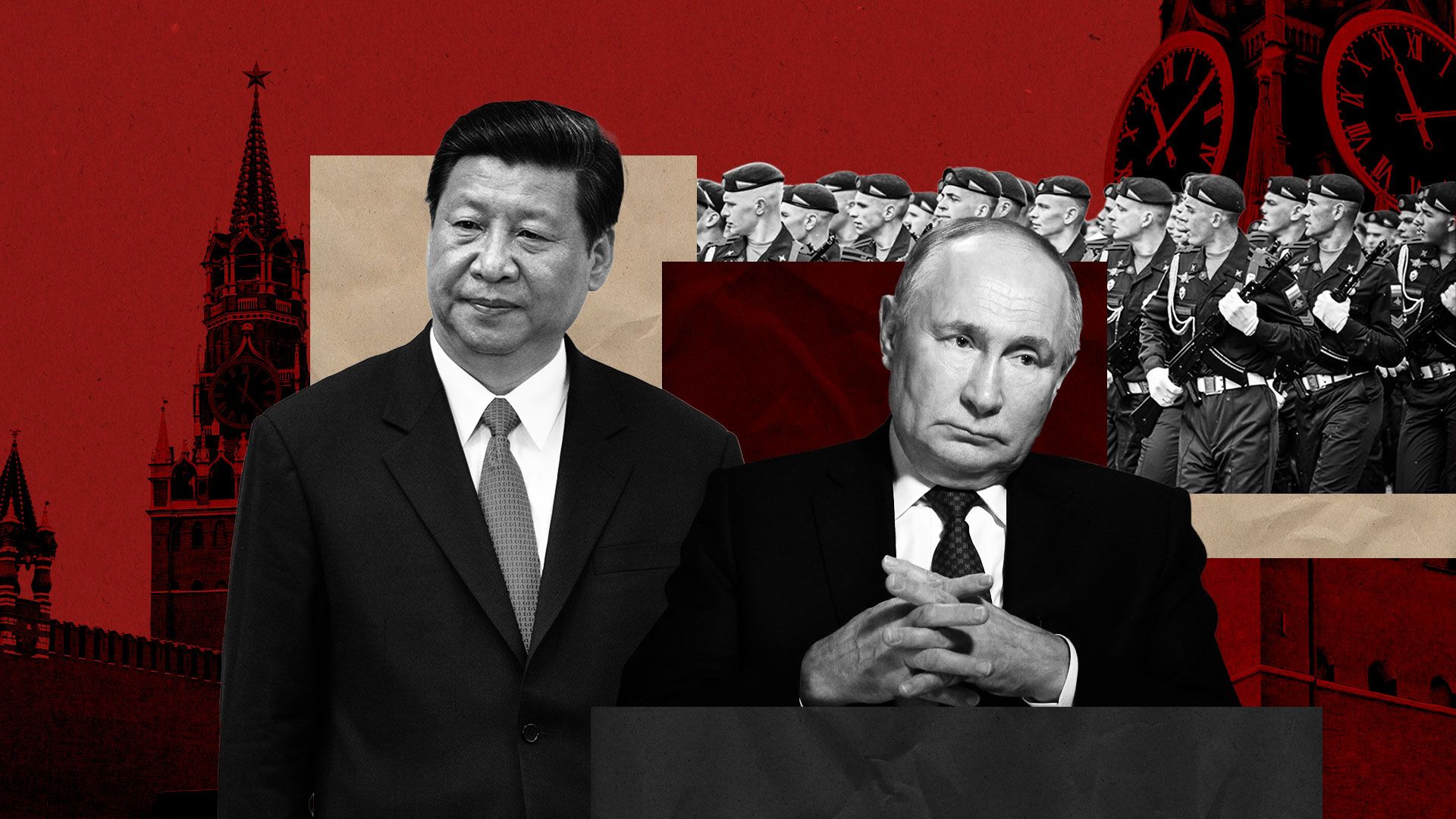The 80th Anniversary of Victory Over Nazi Germany: Russia’s Commemoration Becomes a Geopolitical Statement

The 80th anniversary of Victory Day
over Nazi Germany became for Russia not only an occasion to honor the past but
also a demonstration of its current geopolitical ambitions.
A large-scale military parade was
held on Red Square, featuring more than 11,500 troops, including contingents
from 13 countries such as China, North Korea, Brazil, and Egypt. For the first
time, the event showcased combat drones and loitering munitions, underscoring
the growing importance of unmanned systems in modern warfare. The parade
concluded with a flyover of Su-30SM and MiG-29 fighters, followed by six Su-25
jets leaving trails in the colors of the Russian tricolor.
The presence of Chinese leader Xi
Jinping alongside Vladimir Putin served as a striking symbol of the deepening
strategic partnership between their countries. Additionally, the attendance of
leaders from Asia, Africa, and Latin America highlighted Russia’s efforts to
build an alternative global alliance.
Many Western leaders condemned the
participation of certain European politicians in the event. Polish Prime
Minister Donald Tusk called the appearance of Slovak Prime Minister Robert Fico
at the parade a “disgrace,” citing Russia’s ongoing aggression against Ukraine.
Leaders of France, the UK, and Germany reiterated their united support for
Ukraine and emphasized the need for continued sanctions against Moscow.
Ukrainian President Volodymyr
Zelensky rejected Russia’s proposal for a temporary ceasefire during the
celebrations, labeling the parade a “propaganda show” and urging the
international community to increase pressure on the Kremlin.
Despite the grandeur of the Moscow
parade, celebrations were canceled in 21 other Russian cities due to security
concerns. Authorities cited the “current situation,” likely referring to recent
drone attacks and threats from Ukraine.
In Moscow, strict security measures
were enforced, including restrictions on drone use, ride-sharing services, and
even water transport in Saint Petersburg. These actions reflect the heightened
tensions and internal challenges facing Russia amid the ongoing conflict.
The 2025 Victory Day parade in
Moscow was not only a tribute to historical memory but also a powerful
political message. In the face of Western isolation, Russia is asserting its
intention to help shape a new world order, relying on its partnerships with
China and other nations. However, domestic vulnerabilities and global
condemnation continue to cast doubt on the viability of such a strategy.
The West’s position remains
unchanged: as long as Russia continues its aggression against Ukraine, any
attempts to legitimize its actions through historical parallels will be met
with firm criticism and resistance.
 Latest news
Latest news Latest news
Latest newsGreece Plans to Exclude Turkiye from Future Defense Contracts
20.Feb.2026
U.S.-Based Mars Launches Major Investment Project in Kazakhstan
20.Feb.2026
Parliamentary Elections 2026 in Armenia as a Geopolitical Referendum
20.Feb.2026
Russia and Ukraine Fail to Reach Agreement in Geneva
19.Feb.2026
The South Caucasus in U.S. Foreign Policy: Implications of High-Level Visits for Russian and Chinese Regional Aspirations
18.Feb.2026
Ukraine Imposes Personal Sanctions on Belarusian President Alexander Lukashenko
18.Feb.2026
72% Against the Authorities: Economic Dissatisfaction Hits Record Levels in Turkiye
17.Feb.2026
Bulgaria Strengthens Defense: First American Stryker Vehicles Delivered
17.Feb.2026
Moscow Criticizes Plans to Build a U.S.-Backed Nuclear Power Plant in Armenia
16.Feb.2026
Washington expects Tbilisi to strengthen ties amid regional changes
15.Feb.2026

 28 Feb 2026
28 Feb 2026









